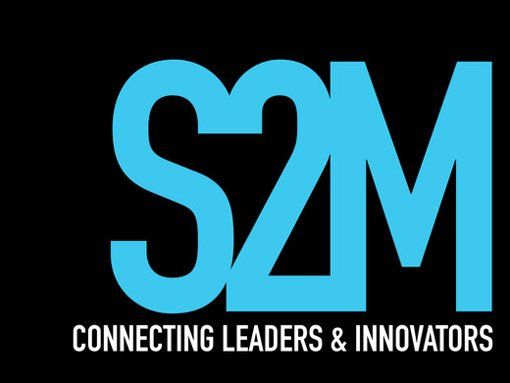SEM vs SEO
Nowadays the terms ‘SEM’ and ‘SEO’ are thrown around interchangeably. We thought it would be worthwhile to take a minute to discuss what exactly SEO and SEM are, and how you can know where one may be more useful or more appropriate than the other.
What’s the difference between SEO and SEM?
The key difference between SEO and SEM is that Search Engine Optimisation is only one aspect of Search Engine Marketing. Much in the same way as New York City and New York State are different. However, they both share the same goal of increasing visibility within search engines such as Google, Yahoo or Bing.
SEM often includes ad campaigns for the target market, with the ability to dominate key word searches so that customers can easily find your business from specific terms. The advertisement will usually show up just below the search banner at the top of the page, and will usually feature a call to action as part of it, to establish a sense of urgency for the user. Advertisements are usually paid on a per click basis.
SEO on the other hand involves optimising your page to rank higher in search results within a given search engine. This page ranking can be achieved through a variety of ways, such as backlinks (links from other sites to your page), content writing and local search factors.
Where would you use one over the other?
While SEO is often universally acknowledged as being one of the most important forms of marketing, similar to being in the Yellow Pages of old (for those that remember the “not happy Jan” ad series will remember how important it was). SEO is often used by companies that are B2B, as the start of their sales funnel. For companies that need to lower their customer acquisition costs, SEO often presents an effective method of helping customers find you.
SEM is more the domain of the higher customer acquisition costs. Companies such as law firms, professional services, I.T. firms and other highly competitive professional industries will use SEM as a method of one-upping a competitor. With a high acquisition cost often comes an even higher degree of profitability for the company, so being first click on a search engine becomes very important.
If a given industry has a high customer acquisition cost, it will often favour SEM, whereas a lower customer acquisition cost will favour SEO. This is the single most important factor in deciding whether to prioritise one over the other.
Once you decide, is it better to outsource this function or DIY?
Choosing to do your own SEO can become a very time consuming exercise. It takes practice to refine the art, and even more practice to improve your ranking in the results of a search engine . Search engine marketing campaigns are relatively much simpler, with all the hard work (campaign launch and analytics) done for you. That being said, it pays to research your customer and their most commonly searched terms first. This will also ensure you’re both not paying for the exact same terms with little pay-off.
Knowing your customer acquisition cost can help you decide whether SEO or SEM is best for you. Once you know that, you can understand whether it is most cost effective to outsource or to do it yourself.





